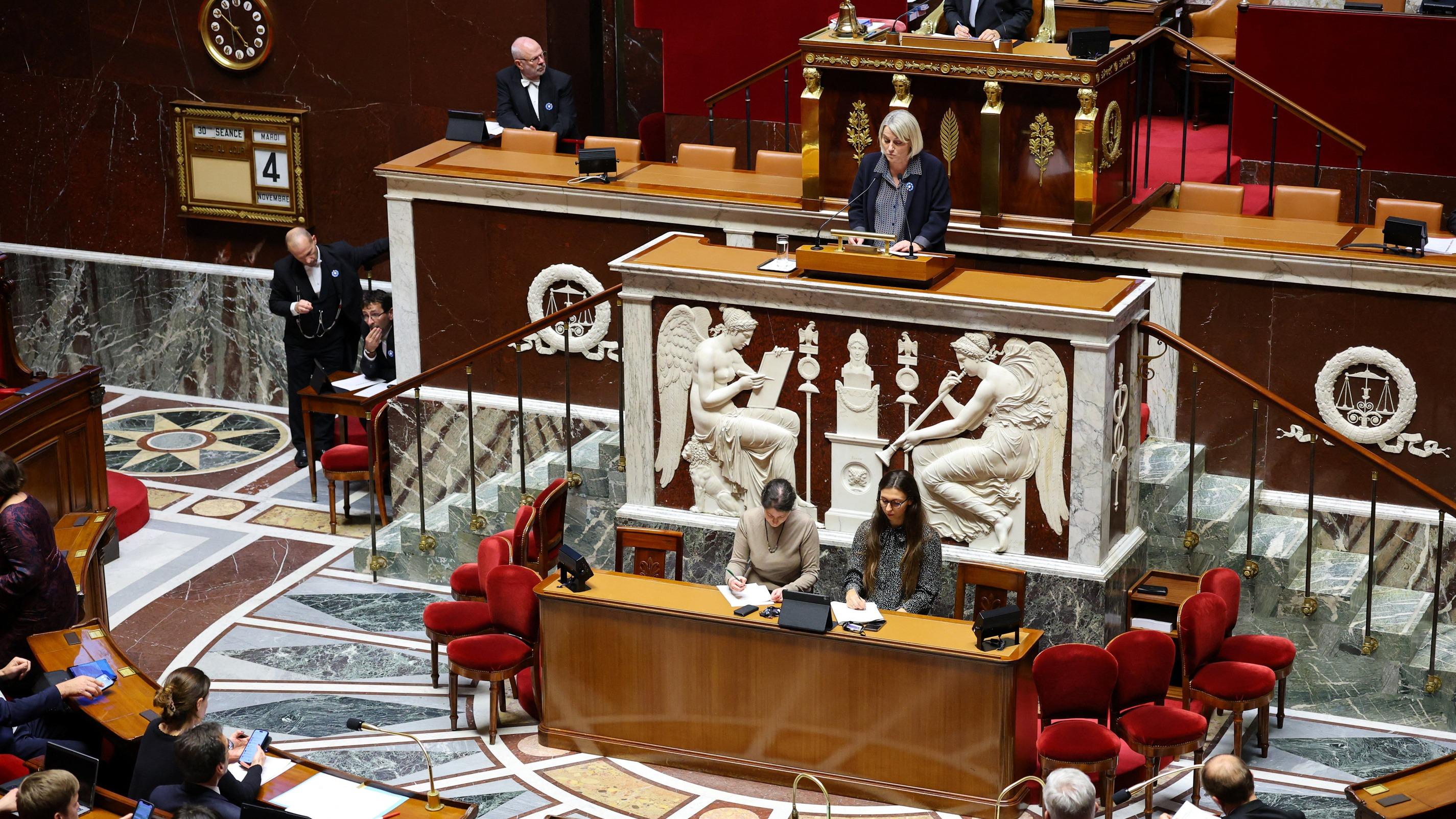French Assembly Debates 2026 Social Security Budget with Focus on Healthcare Spending and Patient Impact
The French National Assembly debates 2026 Social Security budget focus on healthcare expenses, patient franchises, and preventive care measures amid political tensions.
- • The Assembly removed plans to expand flat-rate contributions and franchises for dental and medical device care.
- • A government proposal to double medical franchises outside the budget faces strong opposition.
- • An article mandating flu vaccinations for nursing home residents was rejected.
- • A care package for patients at risk of long-term conditions was approved, amid criticism from left-wing deputies.
Key details
The French National Assembly resumed detailed debates on the 2026 Social Security budget, following the earlier adoption of revenue measures. Central to the ongoing discussions are healthcare expenditures and government proposals affecting patient costs and preventive care.
During the session, the Assembly decisively removed a government plan to expand flat-rate contributions and franchises for dental care and medical devices, which would have increased out-of-pocket expenses for patients. A separate, more controversial proposal involves doubling medical franchises by government decree outside the formal Social Security budget, a measure aiming to recover €2.3 billion. Numerous deputies demanded the government abandon this policy, arguing it would impose undue financial burdens on patients.
Additionally, an article establishing a legal basis for mandatory flu vaccinations for nursing home residents and certain healthcare workers was withdrawn, reflecting sensitivities around compulsory health measures.
On the preventive front, the Assembly approved a government initiative to create a comprehensive care package targeting patients at risk of developing long-term conditions. While intended to enhance prevention, this move has faced opposition from some left-wing deputies, especially from the LFI party, who fear it may exclude certain patients from existing long-term condition coverage as a cost-containment tactic.
Legislative proceedings continue with urgency as parliamentary sessions pause for Armistice Day commemorations on November 11. The Assembly is under pressure to maintain a brisk legislative pace to meet constitutional deadlines. Failure to do so would result in the text being sent to the Senate without a vote, potentially complicating the budget’s passage.
This dynamic debate underscores the Assembly's cautious approach balancing budgetary constraints with protecting patients from increased healthcare costs and preserving preventive health strategies, amidst political contestation.
This article was translated and synthesized from French sources, providing English-speaking readers with local perspectives.
Source articles (2)
Source comparison
Latest news
France Returns the Djidji Ayôkwé Talking Drum to Côte d'Ivoire After Over a Century
Record 37 Days of Rain Triggers Ongoing Severe Flooding in Western France
Political Divisions and Social Tensions Intensify Following Quentin Deranque’s Death in Lyon
French Economy Minister Calls for Full Insurance Industry Mobilization Amid Devastating Storm Floods
France Boosts Social and Solidarity Economy with New Tools and Potential Tax Reforms in 2026
Saint-Nazaire Mayor Condemns Vandalism of Two Political Offices as Attack on Democracy
The top news stories in France
Delivered straight to your inbox each morning.


